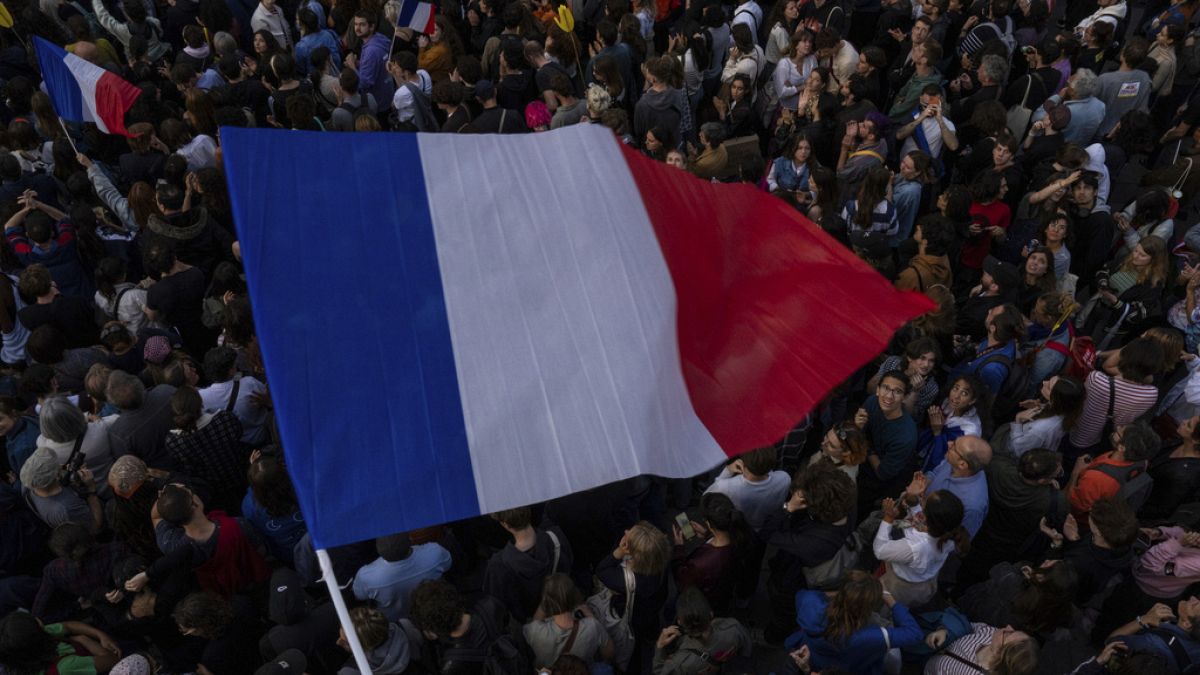After the French election result Le Pen will know how strong she is and may join then, making Patriots for Europe the EU parliament’s third largest bloc.
As National Rally has dominated France’s legislative elections, its far-right allies have been building a new political bloc in the European parliament.
And on Sunday Hungarian Prime Minister Viktor Orbán’s ‘Patriots of Europe’ group gained enough followers to obtain official recognition as a bloc – on the same day that the far-right in France may enter government for the first time since World War Two.
On Saturday, the Danish People’s Party and the Flemish nationalist pro-independence Vlaams Belang announced their decision to join, bringing Patriots for Europe to 23 MEPs, which is enough to meet the EU parliament’s threshold for formal recognition.
Other parties involved include Austria’s far-right Freedom Party (FPOe), the centrist ANO Czech party, the Dutch Party for Freedom (PVV), Portugal’s far-right Chega party, and Spain’s Vox.
France has not yet discovered whether Marine Le Pen’s far-right National Rally can land an historic victory – or produce a hung parliament and potentially months of political deadlock.
If the National Rally wins an absolute majority its 28-year-old leader Jordan Bardella will become prime minister in an historic political change.
The party came out on top in the previous week’s first-round voting, followed by a coalition of centre-left, hard-left and Green parties, and Macron’s centrist alliance.
But will Le Pen join Orbán’s far-right group? Reports from individuals close to the negotiations suggest it’s likely, and if she does, Patriots for Europe would become the third largest political force in the European Parliament, with 86 MEPs.
In addition to campaigning for conservative family values and opposing immigration, the group aims to end European support for Ukraine’s defence against Russia’s invasion.
Racism and anti-semitism have marred France’s electoral campaign, along with Russian cyber-campaigns, and more than 50 candidates have reported being physically attacked.
And that led the government to deploy 30,000 police on Sunday.
Hungary assumed the EU’s rotating presidency this month, and on Friday, Orbán appeared to leverage this position by holding a surprise meeting with Russian President Vladimir Putin in Moscow to discuss the Ukraine war.
EU leaders swiftly condemned the visit, emphasising that it was unauthorised by them and that Orbán was not representing Brussels.

